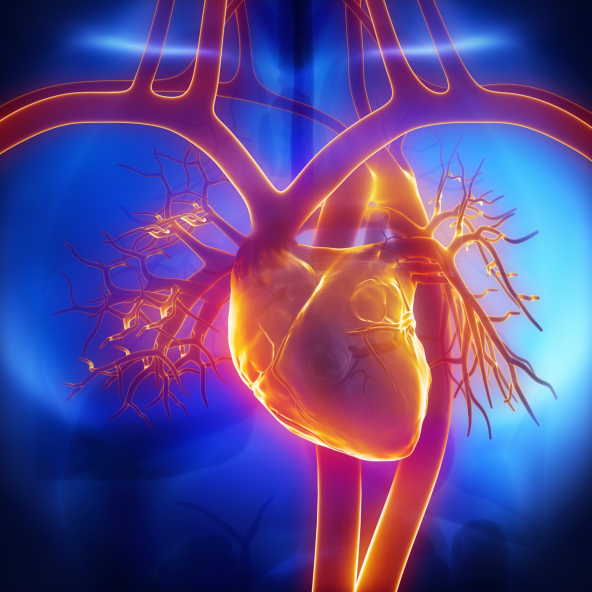When Inflammation Leads to Autoimmune Disease
Over the next few blog posts, I’d like to talk about the important role of inflammation in causing thyroid dysfunction. Scientists are discovering that inflammation is at the root cause of many chronic illnesses. It can be triggered by foods you eat, such as sugar, acid forming foods, dairy, meat and allergenic foods, like soy. It also worsens with a common condition known as leaky gut syndrome. This is when the lining of the intestinal tract is damaged (by alcohol, medications, or poor food choices), causing gaps which allow oversized particles to leak through. When these particles fail to exit










